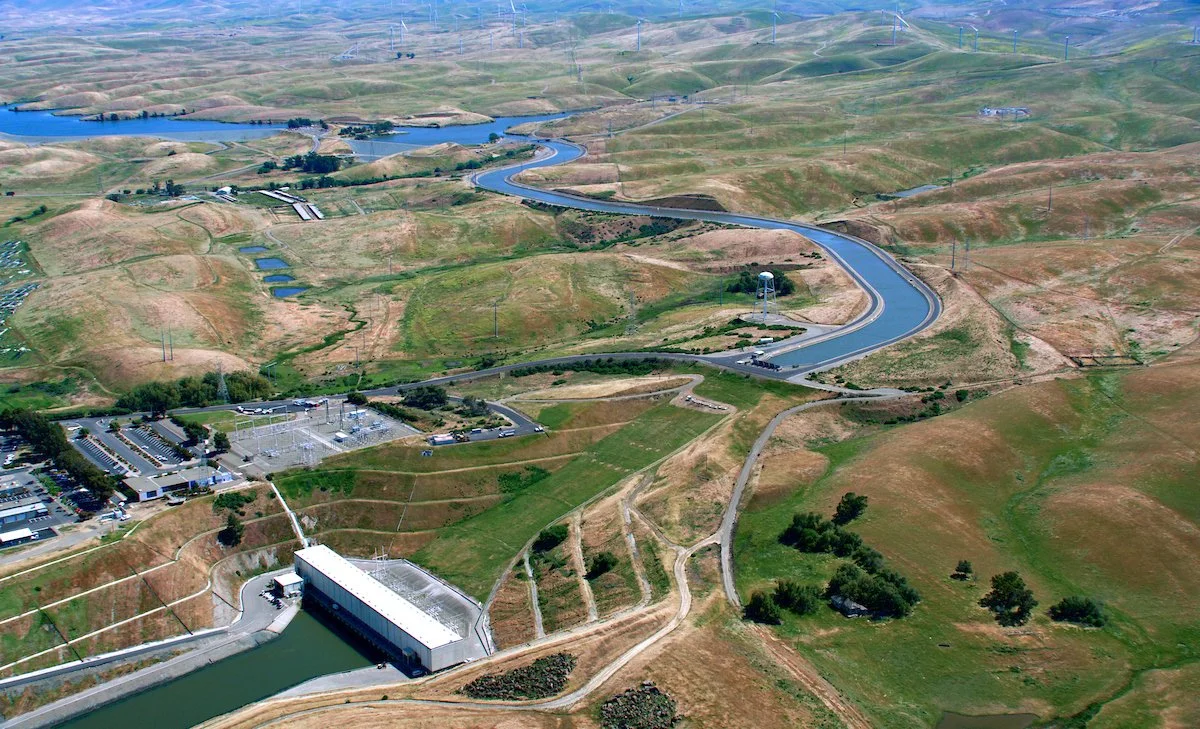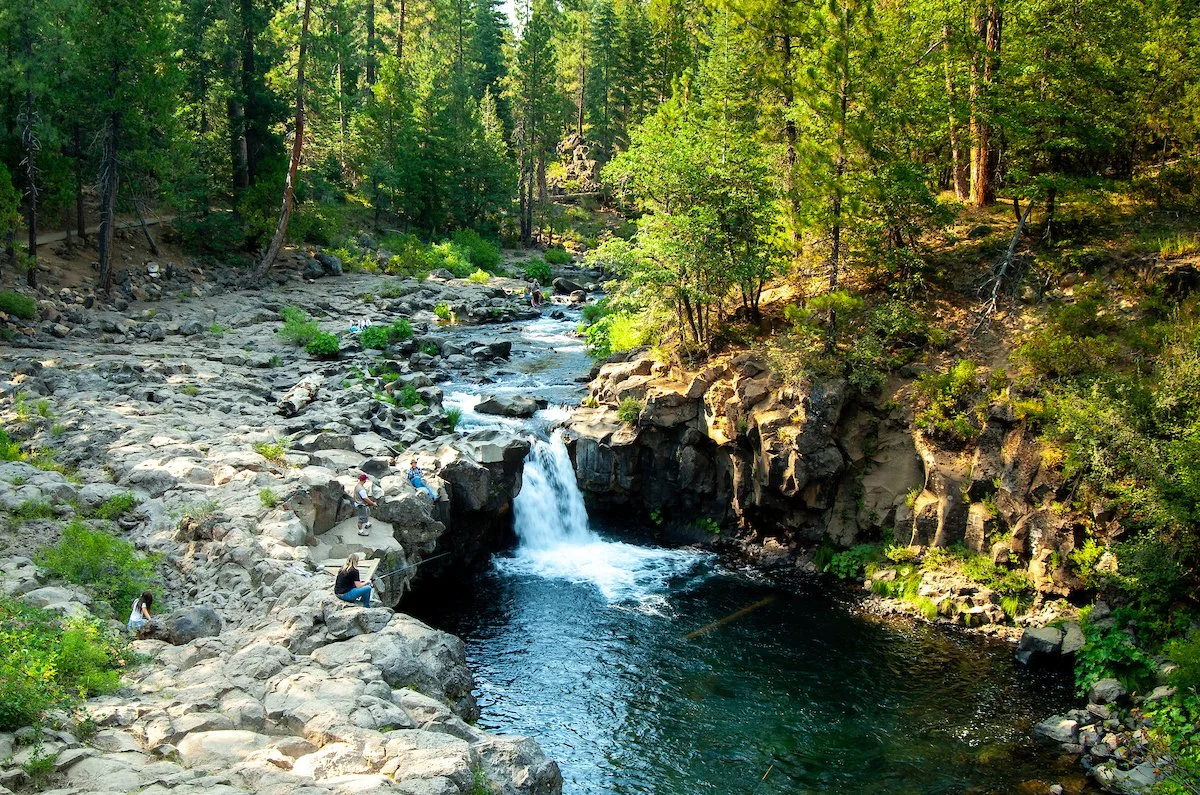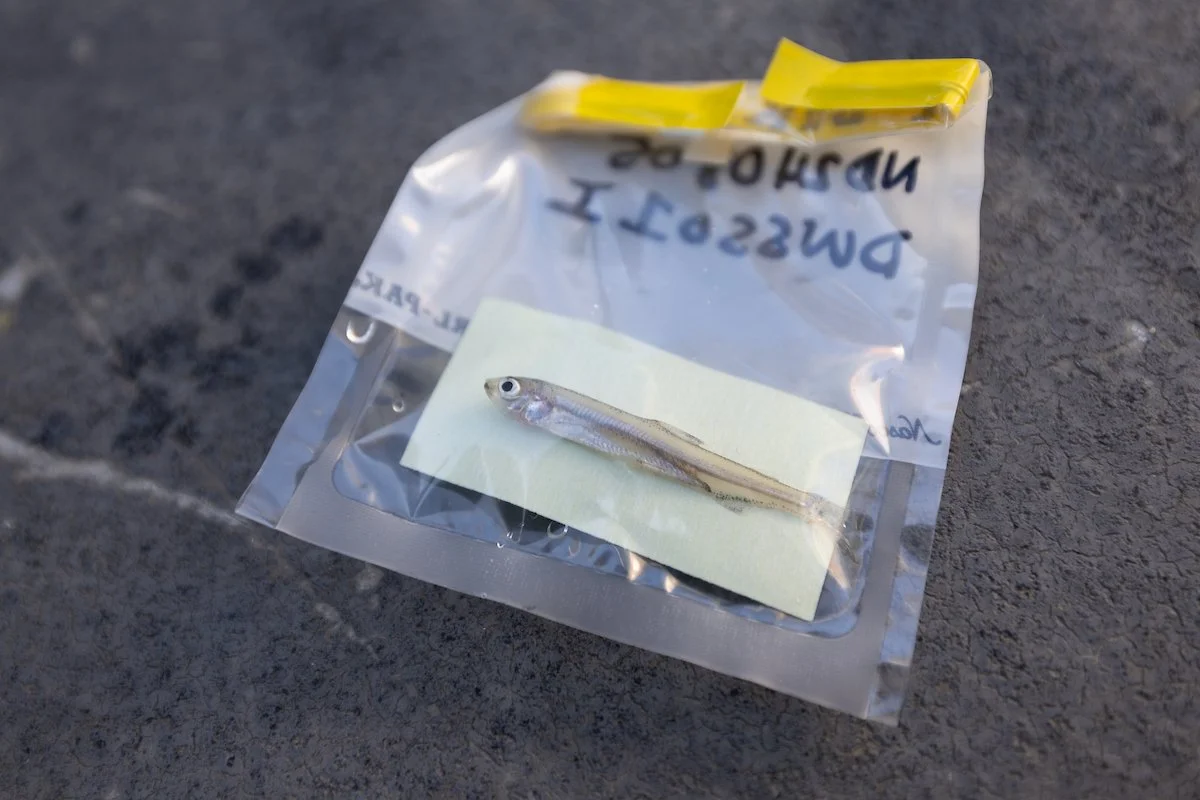HERE WE GO AGAIN
An aerial view of the State Water Project’s Harvey O. Banks Delta Pumping Plant, which pumps water from the Delta into the California Aqueduct, to be exported south. May 11, 2023. Courtesy of the CA Dept. of Water Resources (DWR).
Written by Gary Bobker, Keiko Mertz, and Ron Stork
Ever since the election on November 5, there’s been no lack of speculation about what exactly the return of Donald Trump to the White House will mean for all kinds of policies, from the economy and immigration to national security and international relations. But there’s no uncertainty about the consequences for the environment – it won’t be pretty. One bright spot is that California is likely to be in the forefront of the resistance to federal rollbacks.
A lot is riding on the lame duck session in Congress. For instance, CA Sen. Alex Padilla’s Public Lands Act (S. 1776 and its House companion bills) would protect more than 650 miles of rivers in the state, and several Wild and Scenic River Smith River in Oregon bills are pending as well. But, starting next year, the legislative picture will change dramatically as the Republicans take control of both houses. CA Rep. Valadao’s HR 215 would roll back Endangered Species Act protections in the Delta and attempt to override State Wild and Scenic River requirements. It would also ease existing funding restrictions on the illegal Shasta Dam Raise project, which would drown miles of the McCloud River and much of the remaining ancestral lands of importance to the Winnemem Wintu Tribe. (Friends of the River has been fighting the Shasta Dam Raise project in court and working to educate decision makers and potential project participants about how the project violates state law.)
People gather alongside the beautiful McCloud River, which is protected by the CA Wild and Scenic Rivers Act. Photo courtesy of CA DWR.
Federal incentives for green infrastructure and climate resilience projects under the Biden Administration’s Inflation Reduction Act and Infrastructure Investment and Jobs Act initiatives are expected to face the chopping block, while deadbeat dam proposals like Shasta, Sites Reservoir, and Del Puerto Canyon will likely be fast-tracked for funding under the authority of the Water Infrastructure Improvements for the Nation Act and the Infrastructure Investment and Jobs Act.
The seesaw extends to the Clean Water and Endangered Species Act, too. Section 401 of Clean Water Act gives states and some tribes the authority to protect their waters by issuing a water quality certification on any project or activity that may impact Waters of the United States (definition), but many hydropower project operators (including on the Tuolumne, Merced, Yuba, and Bear Rivers) have sought waivers from the state certification process when strict timelines are not met. Friends of the River and other hydropower reform groups have successfully fended off these waiver attempts, but the incoming Trump administration will likely rewrite the rules to narrow the scope and finality of the 401 certification authority of states, as it did in 2019 (only to be reversed under Biden; see comments by FOR and others: 2019 rulemaking | 2022 rulemaking).
A delta smelt captured by the CA Dept. of Water Resources for further study. August 5, 2024. Image courtesy of CA DWR.
Similarly, the Endangered Species Act protections for Chinook salmon, delta smelt, and other California Bay-Delta species that limit operations of the giant federal Central Valley Project, the single largest water project in the state, were gutted under Trump and just recently redone under Biden. No one will be surprised if the second Trump administration again attempts to undo the new protections and at the same time works to impede proposed or candidate new listings under the ESA for longfin smelt and white sturgeon.
It’s not just specific environmental rollbacks that are of concern. Budgets and staffing for federal agencies like the Fish and Wildlife Service and the Environmental Protection Agency will be drastically cut, gutting efforts to protect listed species and improve water quality. Indeed, there’s talk of eliminating the National Marine Fisheries Service altogether, with dire consequences for commercial and recreational salmon fisheries already on the brink.
Fighting to limit these expected changes will be critical. But even more important will be efforts to strengthen California’s own protections for rivers, water quality and endangered species. After the first Trump administration came to power in 2017, California took actions to provide state backstops if federal rules were rolled back, including AB 2975, a Friends of the River-backed bill that authorized the state to designate threatened federal wild and scenic rivers under the California Wild and Scenic Rivers Act – legislation that will need to be extended before it sunsets next year.
California can also move to strengthen the rules governing the operation of giant water projects like the Central Valley Project, State Water Project and others, as well as proposed projects like the Delta Tunnel and Sites Reservoir, by adopting new water quality standards under the state and federal Clean Water Acts and new endangered species permits for the State Water Project. Unfortunately, the Newsom Administration has been falling short, pushing toothless, weak “Voluntary Agreements” instead of strong new standards and finalizing a State Water Project permit based on these proposed agreements.
Friends of the River is working with a large coalition of tribes, environmental and environmental justice groups, Delta interests, and others to challenge the recently issued State Water Project permit, secure strong new standards, and promote passage of backstop legislation to Trump-proof California’s rivers and aquatic ecosystems. California can and should do far better than the incoming administration in saving our living rivers.



